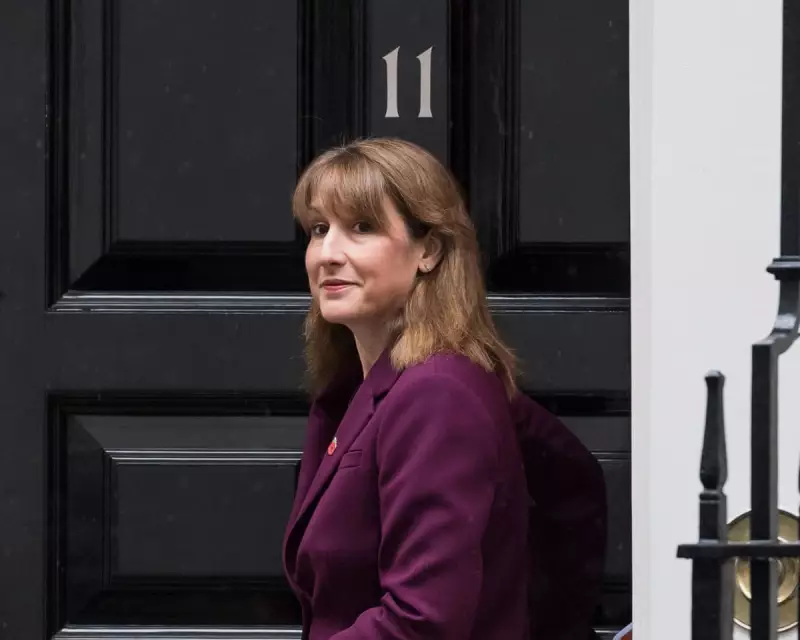
Chancellor Rachel Reeves is preparing to deliver one of the most heavily anticipated budgets in recent political history, facing the dual challenge of plugging a £20 billion financial hole while funding essential public services.
The Budget Backdrop
This budget comes at a critical political moment, with the prime minister facing significant pressure from within his own party. The lead-up has been described by Speaker Sir Lindsay Hoyle as a hokey cokey budget
due to constant speculation and policy leaks. Reeves herself has expressed frustration with what she calls mansplaining how to be chancellor
from colleagues.
The Guardian's economics editor Heather Stewart notes this budget process has been unusually chaotic. I don't remember a run-up to a budget that's been as wild as this one in terms of speculation,
she observes, adding that budgets should ideally be dull, with as little buildup as possible.
Key Tax Measures
Reeves has abandoned earlier plans to raise income tax by up to 2p, which would have broken a fundamental Labour manifesto pledge. Instead, she will implement smaller tax increases targeting approximately £15 billion in additional revenue.
The most significant measure involves extending the freeze on income tax thresholds until 2030, two years longer than previously planned. This stealth tax is expected to raise £7.5 billion annually by dragging more workers into higher tax bands as wages increase.
Another controversial proposal involves reducing cash ISA limits from £20,000 to £12,000, a move finance bosses warn could potentially increase mortgage rates.
Wealth and Property Taxes
Labour will introduce what some are calling a mansion tax
through council tax reforms. Properties in bands F, G and H valued over £2 million will be revalued, with owners facing a flat fee of several thousand pounds annually.
This targets what Heather Stewart describes as people who've done really well out of the property market in the last 20 years.
The policy acknowledges that half of British wealth is held in property, though it stops short of a full percentage-based wealth tax.
Social Security and Child Poverty
One of the most watched measures is whether Labour will scrap the controversial two-child benefit cap, which restricts welfare payments for third and subsequent children. The policy affects 1.7 million children and is widely seen as a driver of child poverty.
Reeves has previously stated it isn't fair to penalise children just because they're part of a bigger family,
suggesting removal of the cap is likely. This would represent a significant shift from Tory austerity policies and could help Labour present the budget as aligned with Labour values.
Cost of Living Support
Recognising that voters don't feel like the cost of living crisis is over,
Labour will introduce several relief measures. Rail fares will be frozen, saving commuters on expensive routes over £300 annually. NHS prescription charges in England will remain at £9.90.
In a move affecting the transition to greener transport, electric vehicle owners will face a new 3p per mile tax, while the government will simultaneously subsidise EV purchases with £1.3 billion in grants.
Heather Stewart summarises the chancellor's broader objective: What Rachel Reeves is really hoping to do is win over the markets and say, look, 'I've got all this under control. I can promise you stability. I've got a plan. Don't worry.'
This budget represents not just an economic statement but a crucial political moment that could define the government's relationship with both its own MPs and the financial markets.





